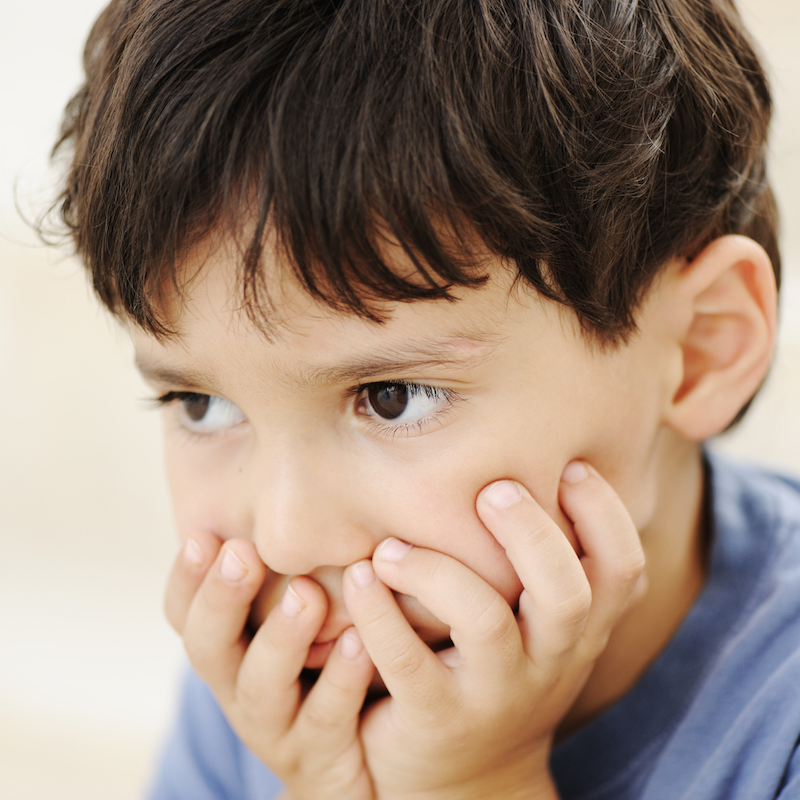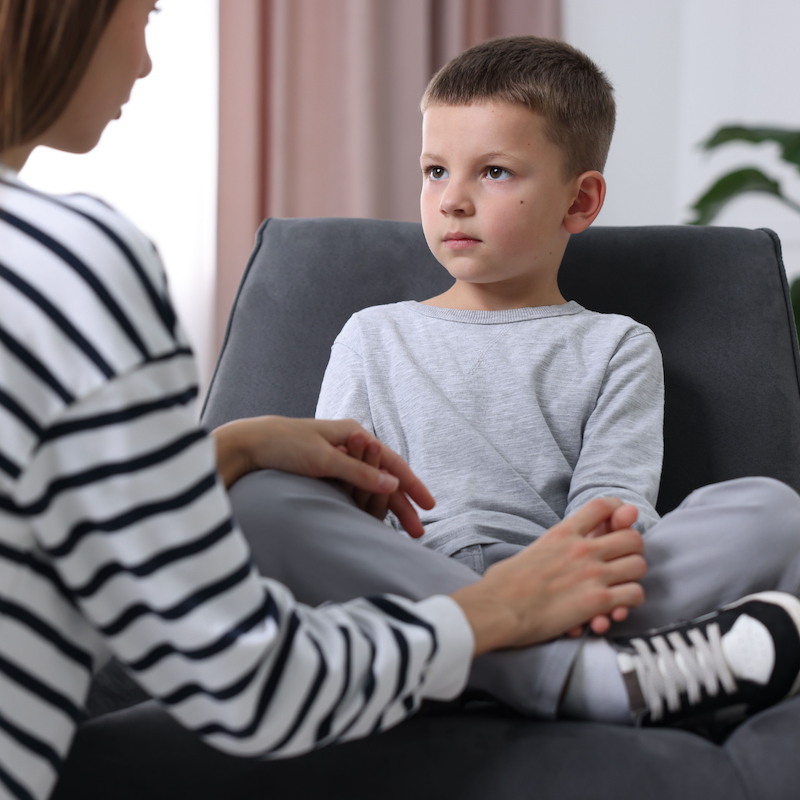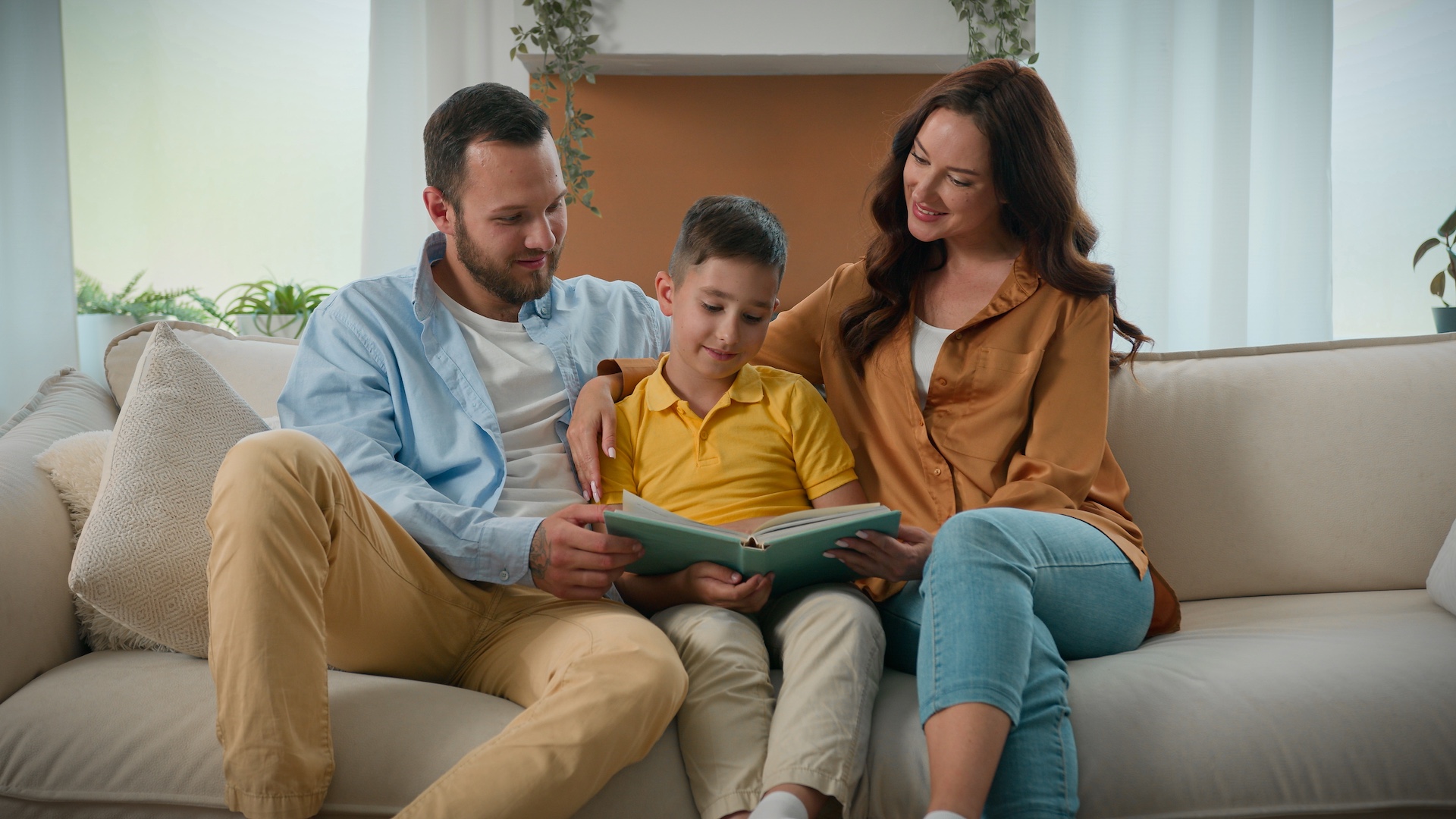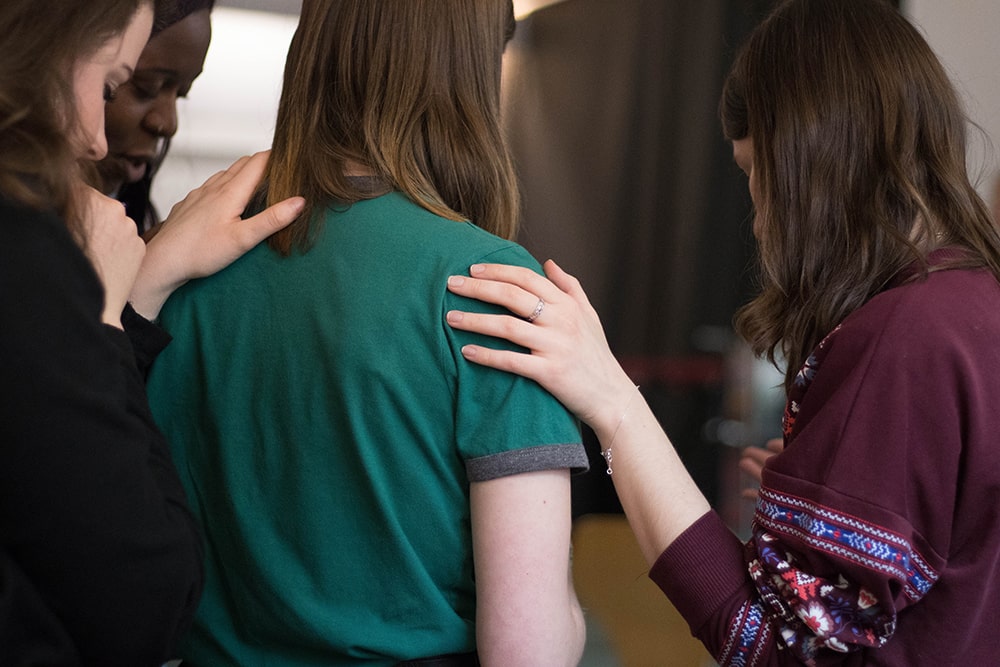Blogs
Wednesday, February 18, 2026
Tics can be hard to understand, because our body and our voices are often something that we feel like we can control. Researchers also don’t know the exact reason or cause for tics, but many do believe that tics are a result of changes in the part of the brain that controls movement. Tics have also been linked to presence in biological family lines, indicating that they could have a genetic basis.
Tuesday, February 10, 2026
As a caregiver, it can be concerning when your child seems to engage in repetitive movements or sounds that you can’t quite understand. Children can often do things that seem funny or strange, and it can be easy to assume that their vocalizations or movements are a result of a choice that they are making. But if their repetitive movements or sounds persist over time, it is possible that they are tics, and these actions are not a choice.
Friday, January 23, 2026
The following is an interview with a real client who contacted the Center for Effective Therapy to find treatment for their child with ASD.
Wednesday, January 21, 2026
Cognitive Behavioral Therapy (CBT) for depression often involves a component of behavioral activation, whether it is the core of the treatment, or if it is used alongside other skills. Behavioral activation aims to intervene in the cycle of depression that keeps people from engaging with the activities that bring enjoyment and meaning to their lives.
Monday, January 12, 2026
This is an interview with a real parent who used Parent-Child Interaction Therapy (PCIT) to help themself better communicate with their child.





